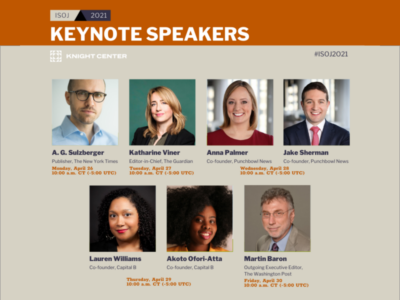
Registration is open for the 2021 ISOJ, and keynote speakers, including New York Times' chairman AG Sulzberger, have been announced.
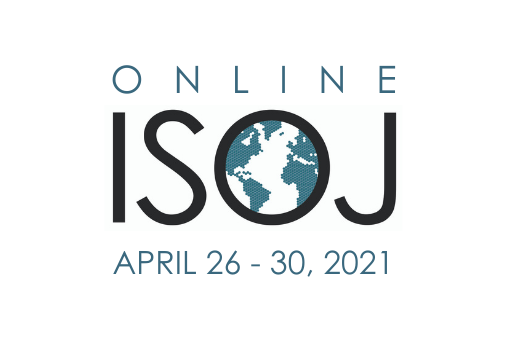
Registration for ISOJ, the premier global online journalism conference, is now open. For the second year, the conference will be virtual and free!

For the second time in its 22-year history, the International Symposium on Online Journalism (ISOJ) will be held online only, from April 26 to 30, 2021.
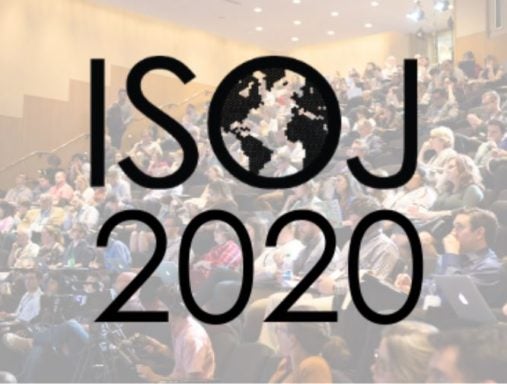
It took us a couple of months to figure out what would be the best way to host ISOJ for the first time online only. With happy hearts and a lot of gratitude, we can say that ISOJ 2020 broke records. We had the biggest program ever, a record number of speakers and topics covered and reached the largest audience of our history, in the U.S. and around the world.
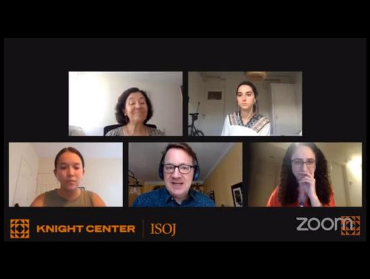
Computers will do as much as they are told to do, and it takes a team of journalists to do so, said the panelists during ISOJ.
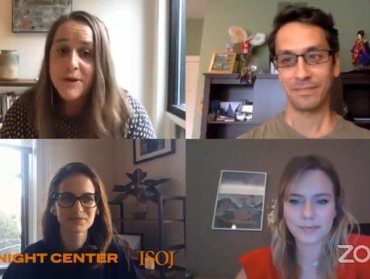
The increasing trend in cheap fakes and deep fakes could very well become a larger issue for the journalism industry, which is why reporters should know how to detect them, said panelists during a discussion at ISOJ.
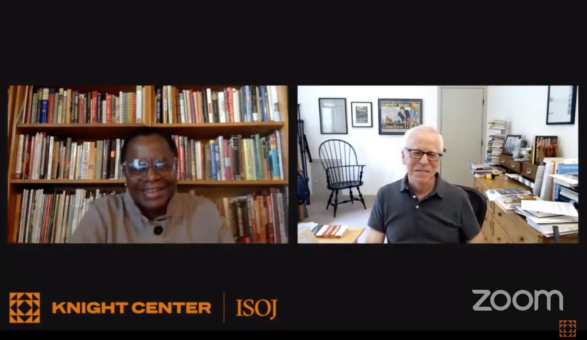
Tom Rosenstiel, executive director of the American Press Institute, gave his keynote presentation “Objectivity is Not Neutrality: What is the purpose of journalistic inquiry?” during the 21st International Symposium on Online Journalism (ISOJ) July 24.
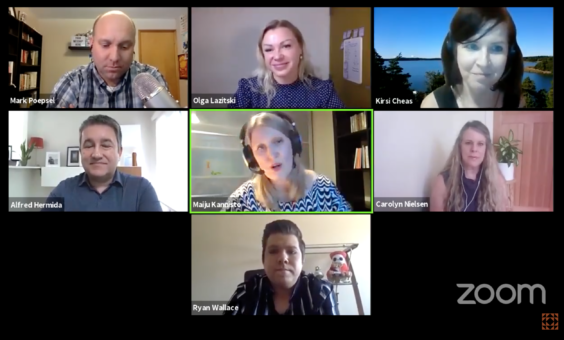
Keeping its tradition of bringing together scholars, journalists and media executives, on July 23 the 21st International Online Journalism Symposium (ISOJ) held its research panel “Power, privilege and patriarchy in journalism: Dynamics of media control, resistance and renewal” to discuss the results of peer-reviewed papers.
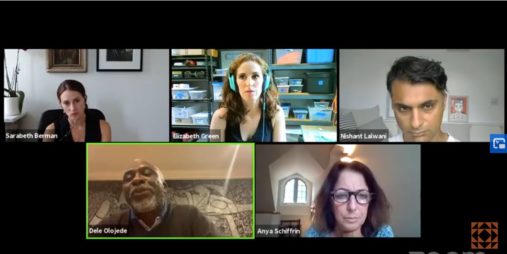
Public interest media is adapting to economic difficulties and creating innovative projects and business models in order to survive and flourish.
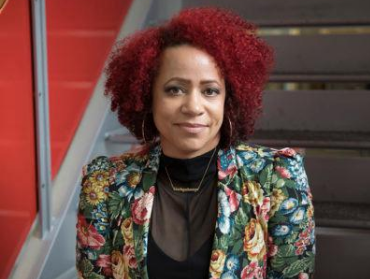
Nikole Hannah-Jones spoke about her Pulitzer Prize-winning 1619 Project, the obstacles journalists of color face in the industry, and her advice to journalism students of color and mentors.
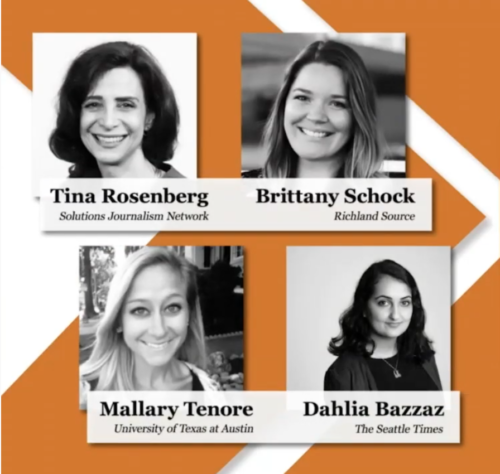
“Solutions journalism is just straight reporting. It's covering the news. Solutions journalism allows you to tell the whole story, the complete story which we are leaving out. Solutions journalism helps to increase trust,” said Tina Rosenberg.
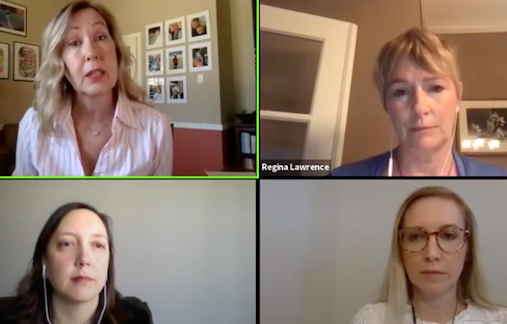
"When media outlets treat women politicians as women first and politicians second, they are feeding into an already sexist culture where many voters believe that men make better politicians than women," said Dustin Harp